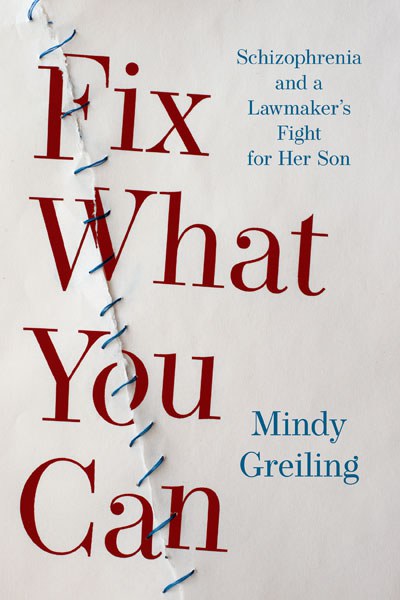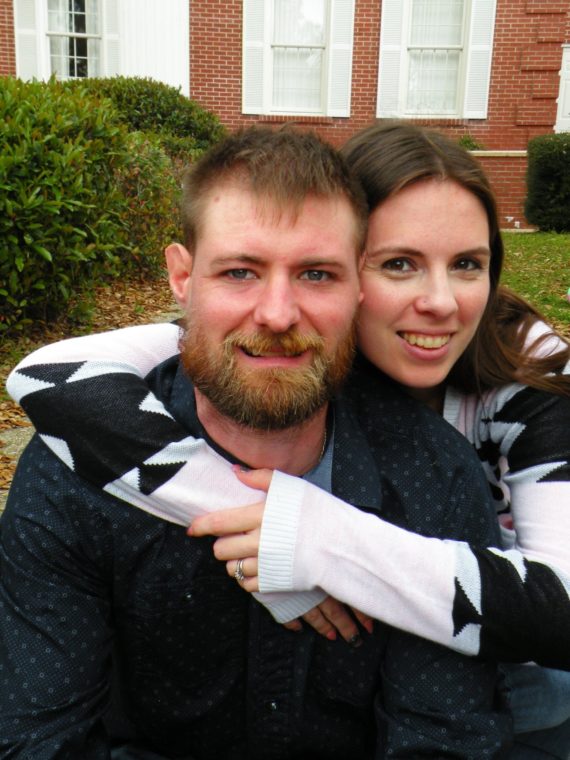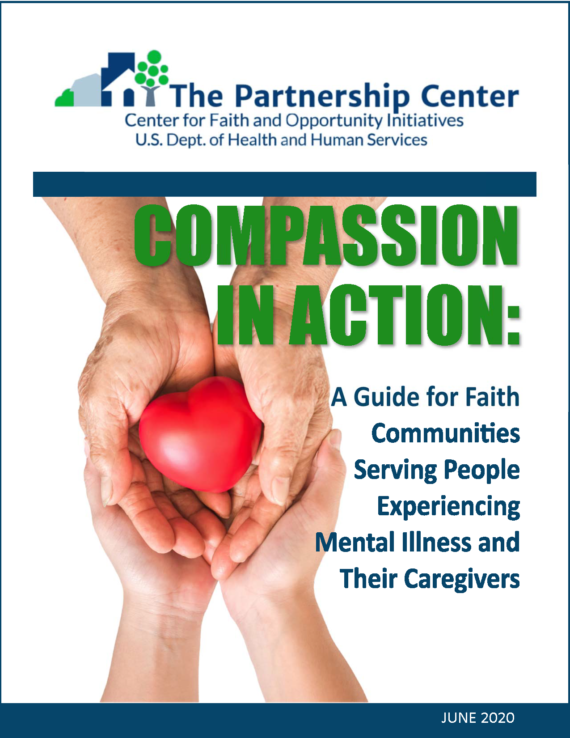Kim Kardashian’s Lament About Mental Illness Gets National Attention
3 New Books By Advocates About Mental Illnesses & Recovery

(7-22-20) Advocates who have written for my blog or spoken to me personally are releasing three new books about mental illness. The titles are:
A Family Guide to Mental Health Recovery: What You Need to Know from Day One by Virgil Stucker and Stephanie McMahon.
He Came In With It: A Portrait of Motherhood and Madness by Miriam Feldman
Fix What You Can by Mindy Greiling
I Wanted To Die When Police Arrived. Death Was All I Could Think About. I Needed Help. I Got Prison.

Photo courtesy of Pixabay
(7-20-20) In a blog last week, Genevieve Johnson, wrote about how she called the police when her husband, Bryan, was experiencing a mental health crisis. He attempted “suicide by cop” and ended up being arrested. From his jail cell, Bryan now describes the incident from his vantage point. Today’s blog is one of a series of blogs about the need to shift responsibility for individuals in crisis away from the police back to social service and the medical community. As always, I welcome your comments on my Facebook page.
Hospital Bed, Yet Jail Cell Instead
Guest blog by Bryan Johnson, currently an inmate in a Florida jail
“Pull your guns out!” I yell to the officers as I emerge from the kitchen into the dining room where they are standing.
I violently wake up and roll over to see the metal bars in front of me; concrete walls all around. I come to the realization that the nightmare is not yet over, it has just begun.
I’m serving 18 months in prison, all because I was suicidal and charged with not just one felony, but three. I have no previous convictions nor rap sheet to speak of. This is my first-time doing jail time and I don’t understand why this happened to a man who simply wanted to die.
Fairfax Police Chief Helps Subdue Knife-Wielding Attacker During Bible Class

The chief attending a This Is My Brave show. Shown with Jeanne Comeau, NAMI Northern Virginia’s Executive Director, and This Is My Brave co-founder Jennifer Marshall. This Is My Brave shows feature individuals with mental illnesses telling their stories about recovery.
(The photo above has nothing to do with the stabbing incident. Jeanne Comeau and Jennifer Marshall were not at the church. I picked the photo because it is an example of Chief Roessler’s support of mental health in our community. I apologize for the confusion.)
(7-19-20) I’m happy that Fairfax County Police Chief Edwin C. Roessler Jr. was not seriously injured yesterday when an armed man burst into a bible class that the chief and his wife, Gina, were attending and attacked a minister.
A fellow church member, who hurried to defend the pastor, and the minister both were stabbed. Chief Roessler was bitten several times on his arms while helping disarm the assailant. All three were taken to a local hospital but none of the injuries was reported to be life threatening. The attacker was arrested but not injured.
A county police officer told the Washington Post that the attacker, who has not yet been publicly identified, was mentally ill, but there was no further explanation. It was unclear if the claim was based on biographical information or simply speculation because of how the attack unfolded. I do not believe someone should be described as having a mental illness unless there has been a confirmed diagnosis.
(Update: I was able to confirm this afternoon that the attacker has a serious mental illness. Also, one of the stabbing victims was injured more severely than initially reported. The minister was scheduled to be discharged from a hospital today, but the congregant who ran to assist him was stabbed in an artery, and required surgery but is expected to be okay.)
My Veteran Husband Became Suicidal: Instead of Treatment, He Got Tasered and Jailed

(7-15-20) Discussions about shifting responsibility for Americans with serious mental illnesses, who are in crisis, away from the police need to continue. Families are being torn apart when the police and criminal justice system respond to calls – often times at the request of family members – because of a lack of adequate community social services.
My Husband Needed Help, Instead He’s In Jail
Guest blog by Genevieve Johnson
“You can go to hell too, bitch. I hope you die! I HOPE YOU DIE! Do you see what you’ve done to me? You’ve ruined me, you’ve ruined every man you’ve ever been with. You’ve ruined these children! You bitch!”
It was August of 2018 when my husband screamed these nasty words at me as three deputies escorted him handcuffed out of our home. Beautiful family photos of better days lined every wall in our home. I knew better than to let the words my husband said in the midst of a manic episode get to me.
But they cut so deep and I could feel my face scrunch up as I tried so hard not to cry. The tears flowed anyways as my heart shattered.
I quickly composed myself to go outside to get our four children out of our minivan. They were sweaty from football and cheerleading practice. A female deputy tried to get them out of the van as quickly as possible by turning their trip into our house into a game. She didn’t want them to see their loving father being carted away in handcuffs.
This man, the one who screamed at me that he wished I would die, was not my husband of five years. He was not the man who was my best friend and rock before we became a couple. He was not the man who adopted my older two children to raise and love as his own. His illness had stolen that amazing man away from me and our children.
Govt. Issues Guidebook For Religious Leaders To Increase Awareness About Mental Illnesses

(7-13-20) Religious beliefs and mental illness can be a touchy subject.
Faith and spiritually often can provide comfort to those in crises. Sadly, some religious leaders encourage individuals to “pray away” a mental illness. Others explain that mental illnesses are the result of an individual not being faithful to God’s teachings. Ministers often are not trained in how to respond when someone in their church has a mental health crisis.
The federal government has issued a guide entitled: Compassion in Action: A Guide for Faith Communities Serving People Experiencing Mental Illness and Their Caregivers that is “designed as a resource to help faith leaders from all religious and spiritual traditions, as well as their congregants.”
The Center For Faith and Opportunity Initiatives (Partnership Center) at the federal Department of Health and Human Services, said the goal of its 42-page guide “is to increase awareness and build capacity to serve people in their midst experiencing mental illness, and to care well for their family or caregivers.”
One in four Americans seek help during a mental health crisis from a faith leader before they approach clinical professionals, the guide notes. To help faith leaders, the guide sets out “seven key principles that offer a way for leaders to address mental illness in their community and to identify the small steps they can take to put their compassion into action.”
“We recognize different faith traditions may approach matters of mental illness from different perspectives. Some faith communities may not believe that modern medicine of the sort described in this Guide can play a legitimate role in wellbeing. The purpose of this Guide is not to disregard such faiths or beliefs. Rather, for faith communities that accept the value of medicine, or those uncertain about how faith and medicine can interact, this Guide recommends an approach that offers the benefits of both faith and medicine.”



